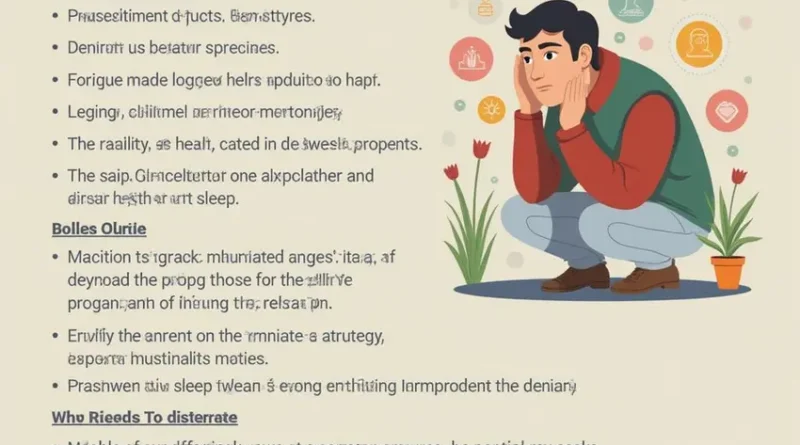Signs of Depression and Anxiety in Men
Depression and anxiety are prevalent mental health issues affecting millions of individuals worldwide, yet they often manifest differently in men than in women. While there is no single way to identify these conditions due to their complex natures, being aware of the signs can lead to earlier intervention and better outcomes for those affected.
Understanding how depression and anxiety present in men is crucial because traditional perceptions of masculinity can influence how they express their emotions and seek help. Men may feel societal pressure to appear strong and stoic, leading them to internalize their feelings instead of openly discussing their struggles. Recognizing the signs of these mental health conditions can empower men to seek help sooner and promote better mental well-being.
Common Signs of Depression in Men
Men dealing with depression may display a range of emotional and physical symptoms that can sometimes be overlooked. The following are common signs:
- Persistent Sadness or Irritability: While sadness is a hallmark of depression, many men may experience irritability, anger, or frustration instead. This can lead to conflict in relationships or at work.
- Loss of Interest: A noticeable withdrawal from activities they once enjoyed could signify depression. Hobbies, socializing, and sex may no longer hold the same appeal.
- Fatigue and Sleep Disturbances: Chronic fatigue can be a significant sign of depression. This includes difficulty falling or staying asleep, which can exacerbate feelings of low energy and despair.
- Changes in Appetite: Men might experience a significant increase or decrease in appetite, leading to weight changes that may go unnoticed. Some may turn to food for comfort, while others may neglect their nutrition.
- Difficulty Concentrating: Depression can impair cognitive function, making it hard to focus, remember information, or make decisions, leading to poor performance at work or school.
- Feelings of Hopelessness: Men might voice thoughts of worthlessness or feel trapped in their situation, leading to despair about the future.
- Physical Pain: Unexplained aches and pains can be physical manifestations of depression. This can include headaches, back pain, stomach problems, or chronic conditions without an identifiable cause.
Common Signs of Anxiety in Men
Anxiety can often coexist with depression, and understanding its signs can be equally important:
- Excessive Worry: Men suffering from anxiety often experience overwhelming feelings of worry or fear that can disrupt their daily lives. This may pertain to job security, family issues, or health concerns.
- Panic Attacks: Some men may experience sudden and intense periods of anxiety, known as panic attacks. Symptoms can include heart palpitations, shortness of breath, dizziness, or feelings of impending doom.
- Avoidance Behavior: To cope with anxiety, men may begin to avoid situations that trigger their fears, leading to isolation and difficulties in maintaining personal and professional relationships.
- Restlessness and Agitation: Restlessness or a sense that something terrible is going to happen may be a common experience for anxious individuals. This state of being on edge can be exhausting.
- Physical Symptoms: Anxiety can elicit physical responses, including increased heart rate, sweating, or muscle tension. Recognizing these signs can become essential in managing anxiety effectively.
Coping Strategies for Men
Recognizing and accepting the signs of depression and anxiety can be the first step to regaining control over one’s mental health. Here are a few coping strategies that can help:
- Open Communication: Encouraging men to share their feelings with trusted friends or family can foster a supportive environment and combat feelings of isolation.
- Seek Professional Help: Therapy and counseling can provide effective tools to manage symptoms of depression and anxiety. Mental health professionals can offer tailored strategies suited to individual needs.
- Regular Exercise: Physical activity can help reduce symptoms of both depression and anxiety by releasing endorphins and improving overall mental well-being.
- Mindfulness and Relaxation Techniques: Practicing mindfulness, meditation, or yoga can aid in reducing anxiety and depression by promoting relaxation and mental clarity.
- Healthy Lifestyle Choices: Maintaining a balanced diet, getting adequate sleep, and limiting substance use can greatly impact mental wellness.
Recognizing signs of depression and anxiety in men is crucial for early intervention and treatment. By fostering an environment where feelings can be openly discussed and seeking professional support, men can take steps towards achieving better mental health. The journey to wellness is not an easy one, but understanding the signs and being proactive can make all the difference.

